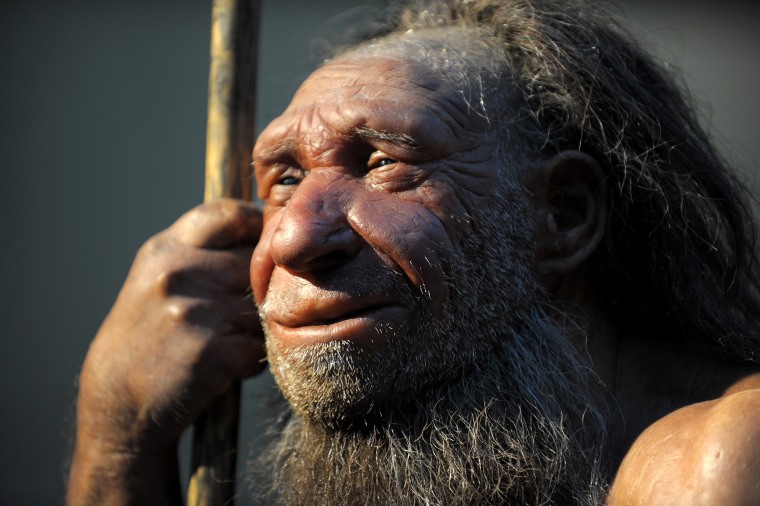Neanderthals went extinct in Europe about 40,000 years ago, giving them millennia to coexist with modern humans culturally and sexually, new findings suggest. This research also suggests that modern humans did not cause Neanderthals to rapidly go extinct, scientists added. Neanderthals are the closest extinct relatives of modern humans, and lived in Europe and Asia. Recent findings suggest that Neanderthals were closely related enough to interbreed with ancestors of modern humans — about 1.5 to 2.1 percent of the DNA of anyone outside Africa is Neanderthal in origin.
Recent findings suggested that some Neanderthal fossils from Europe might be thousands of years older than previously thought, raising the possibility that Neanderthals went extinct before modern humans arrived in Europe starting about 42,000 years ago. To help solve the mystery, scientists analyzed bone, charcoal and shell materials with advanced techniques that involved ultra-filtering molecules from bone samples for examination and removing organic contaminants. The new findings suggest Neanderthals disappeared from Europe between about 41,000 and 39,000 years ago. "I think that, for the first time, we have a reliable extinction date for Neanderthals," said study author Tom Higham, a radiocarbon scientist at the University of Oxford in England.
— Charles Q. Choi, Live Science
This is a condensed version of an article that appeared on Live Science. Read the entire story here. Follow us @livescience, Facebook & Google+.
- In Photos: Neanderthal Burials Uncovered
- In Photos: New Human Ancestor Possibly Unearthed in Spanish Cave
- In Photos: Amazing Human Ancestor Fossils from Dmanisi
Copyright 2014 LiveScience, a TechMediaNetwork company. All rights reserved. This material may not be published, broadcast, rewritten or redistributed.
